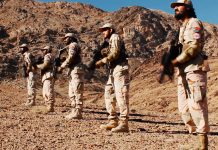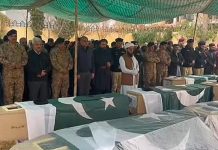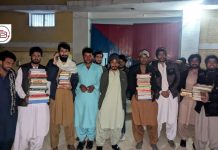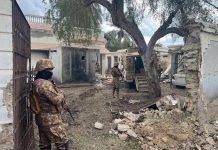Paramjit Singh Panjwar, a wanted Indian citizen and leader of the Khalistan movement, was assassinated in Lahore, Pakistan, according to Indian media reports. Panjwar, also known as Malik Sardar Singh, served as the head of the Khalistan Commando Force (KCF).
On Saturday, unidentified assailants riding a motorcycle opened fire on Panjwar and his bodyguard in Lahore’s Johar City at around 6 AM local time. Both Panjwar and his bodyguard were killed, while the attackers managed to escape.
Kanwar Pal Singh, leader of the Sikh outfit Dal Khalsa, confirmed Panjwar’s death, saying, “According to our information, he was on a morning walk when two gunmen shot him dead.” He added that Panjwar was accompanied by his bodyguard, provided by the Pakistani government.
Panjwar joined the KCF in 1986 when it was founded and took over its command after the group’s chief, General Labh Singh, was killed by police. He later fled to Pakistan in the 1990s, where he remained despite Pakistan’s denials of his existence on its territory. The group orchestrated various attacks on Indian soil, including the assassination of General Arun Vaidya, the Army Chief during Operation Blue Star.
The Khalistan movement, a Sikh separatist movement, seeks to create an independent Sikh state called Khalistan within the current North Indian states of Punjab and Haryana. Originating around the time of India’s independence in 1947, the movement gained prominence in the 1980s and early 1990s as Sikhs sought political and cultural autonomy. However, the movement declined by the mid-1990s following a series of Indian government military and police operations, including the controversial storming of the Golden Temple in 1984.






























